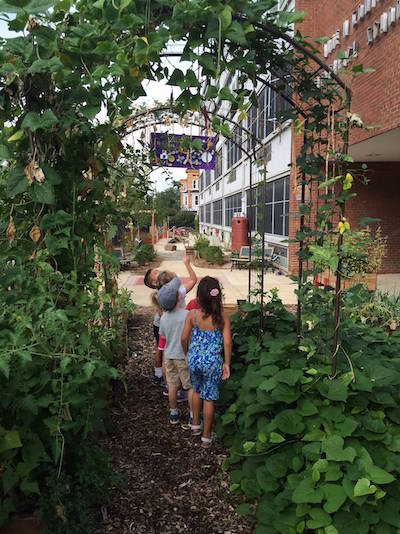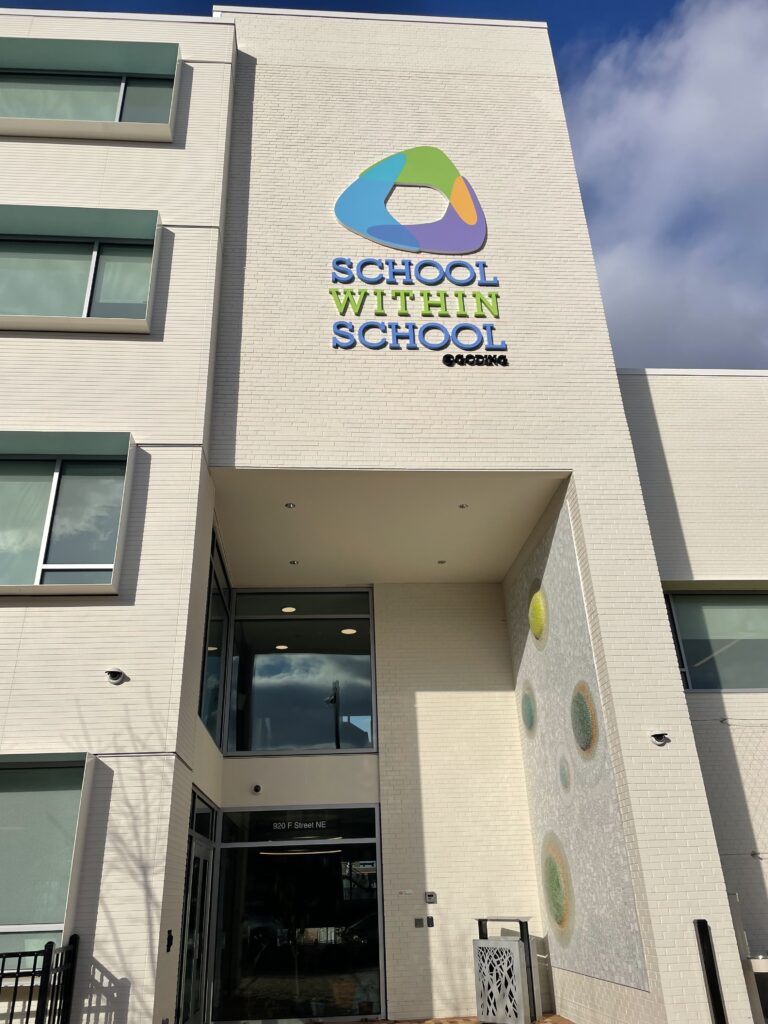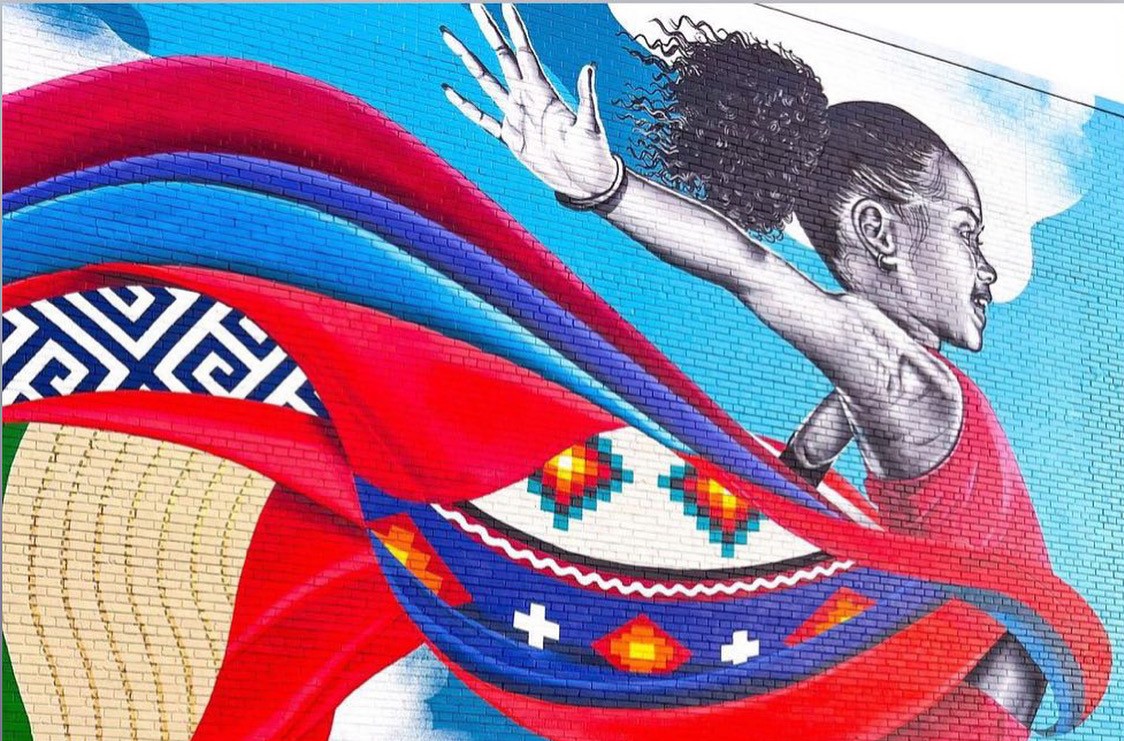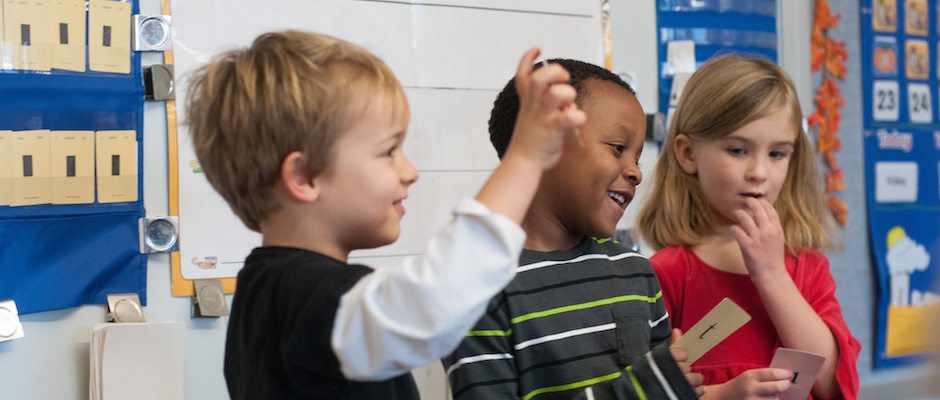 Reggio Emilia-inspired schools support and develop children’s potential through a collaborative teaching and learning environment inspired by the philosophy and practice of the Reggio Schools in Reggio Emilia, Italy. The premise of the Reggio Emilia principles is that children learn best in a social context through multiple encounters with an environment that provides rich provocations.
Reggio Emilia-inspired schools support and develop children’s potential through a collaborative teaching and learning environment inspired by the philosophy and practice of the Reggio Schools in Reggio Emilia, Italy. The premise of the Reggio Emilia principles is that children learn best in a social context through multiple encounters with an environment that provides rich provocations.
How has SWS adapted Reggio?
The SWS adaptation of the Reggio approach has evolved through continuous research and observation over the past 15 years. By listening to children, observing them, and understanding their “one hundred languages,” we strive to craft projects and an environment to support and extend their thinking in ways that draw from their interests. The school’s success relies on the creativity, dedication, and commitment of its staff and the support and active participation of the families served by SWS.
Nothing without joy! Niente Senza Gioia!
Loris Malaguzzi, one of the founders of the pre-primary schools of Reggio Emilia exclaimed this simple yet powerful statement. At SWS, we continually ask. “How can we as teachers value joy in our school? How can we, as teachers provoke and create an environment where we can say, daily, ‘This is what learning, teaching, creating, and discovery feels like and this is what joy looks like!'”
How is Reggio different from more “traditional” elementary programs?
The SWS Reggio-inspired program is a project-based approach to education which enables children to influence the direction of their learning. The project approach allows us to use the Common Core State Standard as a framework for delving deeper into long-term learning experiences.
As an example, recognition of kindergarten students’ interest in the Anacostia River, led the teachers to develop a curriculum driven by the kids’ interest and inquiry. Students wrote and sang about the animals that live in the river (literacy), dissected fish from the river (science), harvested and released shad – a fish native to the area (science), read books about the Anacostia (literacy), and counted and measured rocks from the river (math). This is one example of how we achieve the required standards and reach beyond them to extend children’s thinking and learning.
How does Reggio inspire the expectations we have for everyone in our school community?
Just as we are committed to listening to children and viewing them as competent, capable learners and valued citizens of the community, we share the same kind of expectations for all in our school community:
- Listen, consider, reflect, and respond (active listening)
- Take responsibility for our actions and be accountable
- Assume a positive intent
- Value multiple perspectives
- Be open minded





